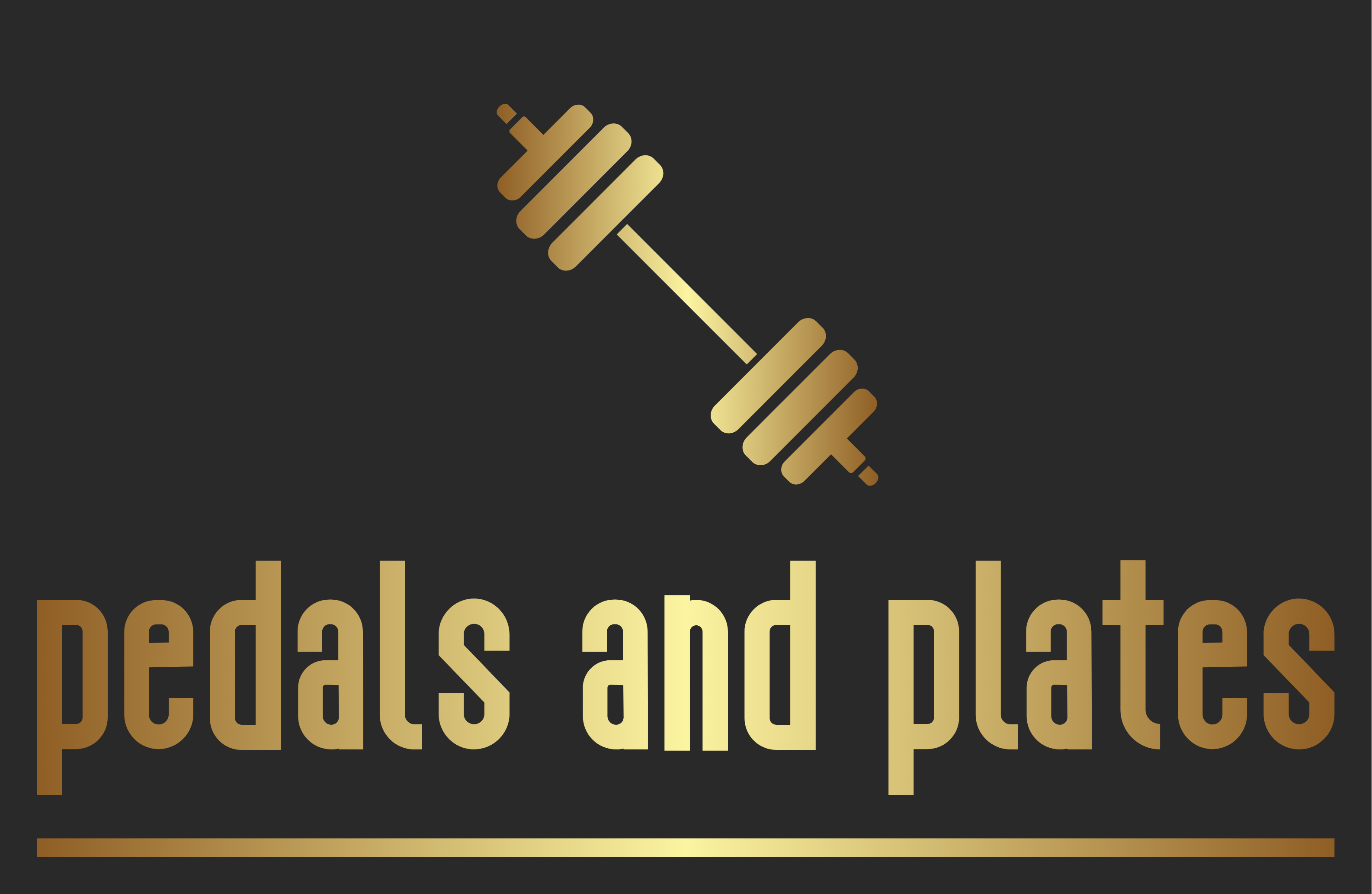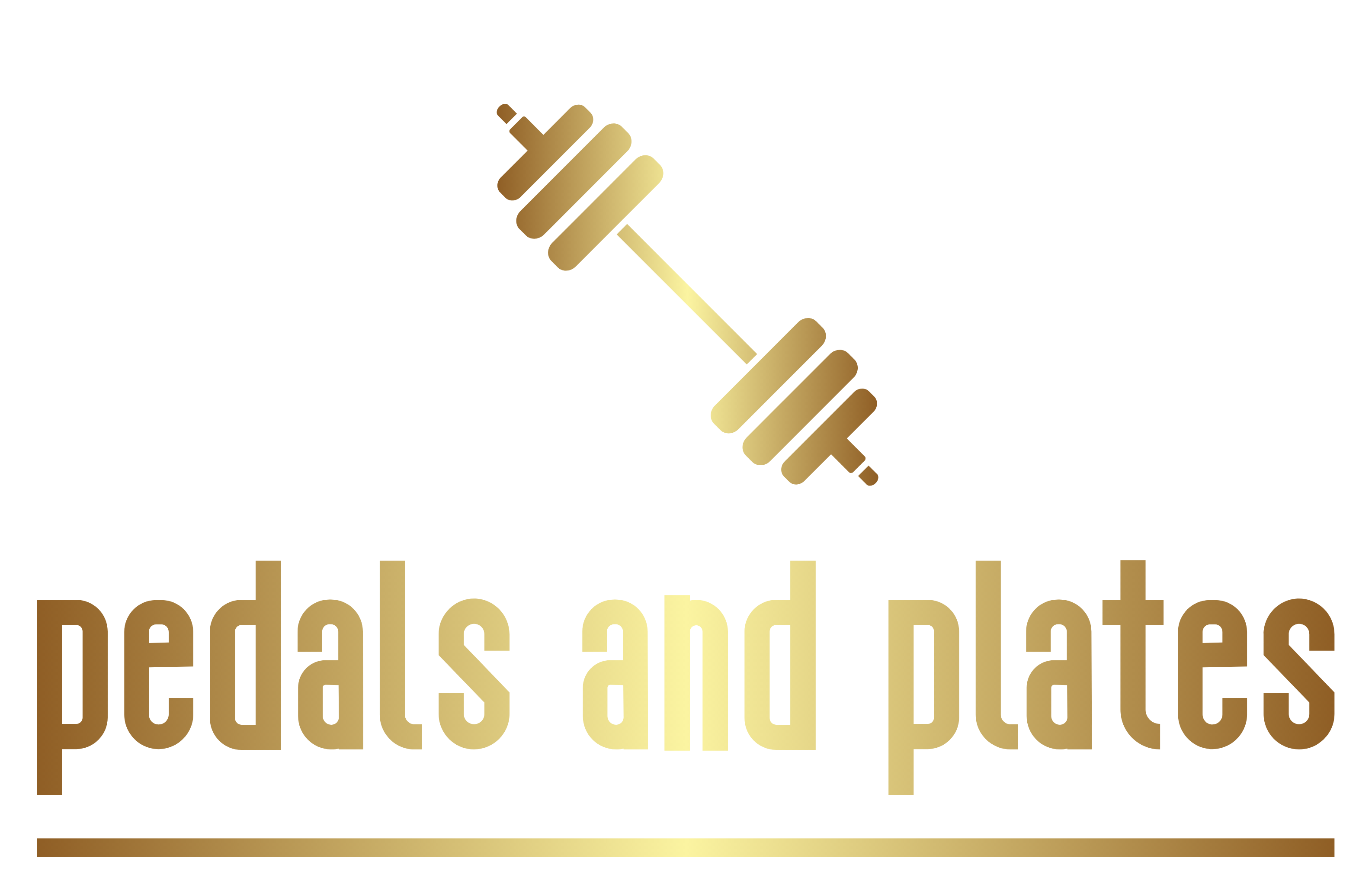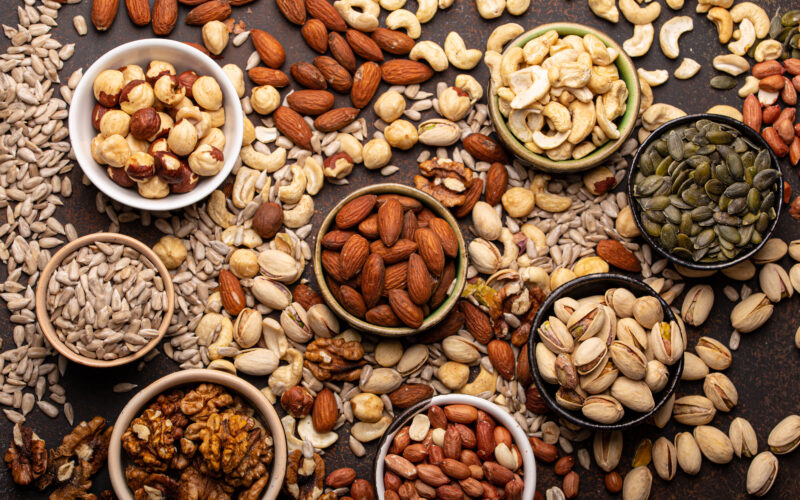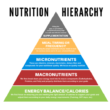Nuts and seeds may be small in size, but they pack a punch when it comes to nutrition! It’s no secret that many of us overlook these tiny powerhouses in our daily diets, but research has shown that consuming a handful of nuts daily can have significant health benefits. In fact, it can reduce the risk of heart disease, cancer, and premature death [2].
So, the ultimate guide to nuts and seeds is here! We’ve got you covered from almonds to walnuts, chia seeds to pumpkin seeds. Discover the different types of nuts and seeds you can add to your daily diet and start reaping the incredible health benefits they have to offer [2]. It’s time to go nuts for nuts and seeds!
Why You Should Eat Nuts and Seeds Every Day
Hold on to your taste buds because we have some nutty news that’ll leave you pleasantly perplexed! A recent study published by the New England Journal of Medicine tracked over 120,000 women and 50,000 men for a whopping 30 years, revealing that those who munched on a daily handful of nuts had a 20% reduction in all-cause mortality.
But what makes these tiny treats such a powerhouse of nutrition, you ask? Well, for starters, nuts and seeds are loaded with healthy fats like monounsaturated and polyunsaturated fats that have been proven to reduce LDL (bad) cholesterol levels and increase HDL (good) cholesterol levels, ultimately decreasing the risk of heart disease. Plus, they’re chock-full of fiber, which does wonders for regulating digestion, preventing constipation, and promoting satiety, making them an ideal addition to any weight management plan.
Why are nuts and seeds so beneficial?
Well, for starters, they’re chock-full of healthy fats, including monounsaturated and polyunsaturated fats, that have been shown to reduce LDL (bad) cholesterol levels and increase HDL (good) cholesterol levels, ultimately lowering the risk of heart disease [1]. Nuts and seeds are also fiber-rich, which can aid digestion, prevent constipation, and promote feelings of fullness, assisting in weight management.
And if that’s not enough, nuts and seeds are also excellent sources of protein, essential for building and repairing tissues in the body and maintaining muscle mass, especially as we age [2]. But it doesn’t end there! These tiny powerhouses also pack a punch of vitamins and minerals, such as vitamin E, magnesium, and potassium, essential for maintaining overall health and wellness [1].
And that’s not all! Nuts and seeds also pack a protein punch, critical for repairing and building tissues in the body, maintaining muscle mass and preventing age-related loss. Plus, they’re bursting with essential vitamins and minerals such as vitamin E, magnesium, and potassium, all vital for maintaining overall health and wellness.
Types of Nuts and Seeds to Add to Your Diet
There are many different types of nuts and seeds that you can add to your diet. Some of the most popular include:
Almonds: Almonds are a great vitamin E, magnesium, and fiber source. They also contain monounsaturated and polyunsaturated fats, which can help to lower cholesterol levels.
Walnuts: Walnuts are one of the best sources of omega-3 fatty acids, which are essential for heart health. They are also rich in fiber, protein, and antioxidants.
Pistachios: Pistachios are a good protein, fiber, and potassium source. They also contain healthy fats, which can help to lower cholesterol levels.
Cashews: Cashews are a good source of magnesium, which is important for bone health. They also contain healthy fats, fiber, and protein.
Chia Seeds: Chia seeds contain omega-3 fatty acids, fiber, and antioxidants. They can be added to smoothies, oatmeal, or yogurt for an extra nutritional boost.
Flax Seeds: Flax seeds are also a great omega-3 fatty acids and fiber source. They can be added to baked goods or sprinkled on oatmeal or yogurt.
Pumpkin Seeds: Pumpkin seeds are a good source of zinc, which is important for immune health. They also contain protein, fiber, and healthy fats.
Sesame Seeds: Sesame seeds are rich in calcium, which is important for bone health. They also contain healthy fats and fiber.
Nuts and seeds are small but mighty in their nutritional benefits. Adding a handful of nuts or seeds to your diet every day can provide you with a range of nutrients that are essential for overall health and wellness whether you choose almonds, walnuts, or chia seeds.
FAQs:
Can eating too many nuts be harmful?
A: While nuts are an incredibly healthy addition to any diet, it’s important to consider portion sizes. Nuts are high in calories and fat, so eating too many could lead to weight gain if not balanced with a healthy, varied diet.
Are roasted nuts less healthy than raw nuts?
A: Roasting nuts can actually enhance their flavor and make them easier to digest. However, choosing roasted nuts that haven’t been coated in unhealthy oils or excessive amounts of salt is important.
Can people with nut allergies still benefit from seeds?
A: Absolutely! While nuts may be off-limits for those with allergies, seeds like chia, flax, and pumpkin are fantastic alternatives, offering many of the same nutritional benefits.














